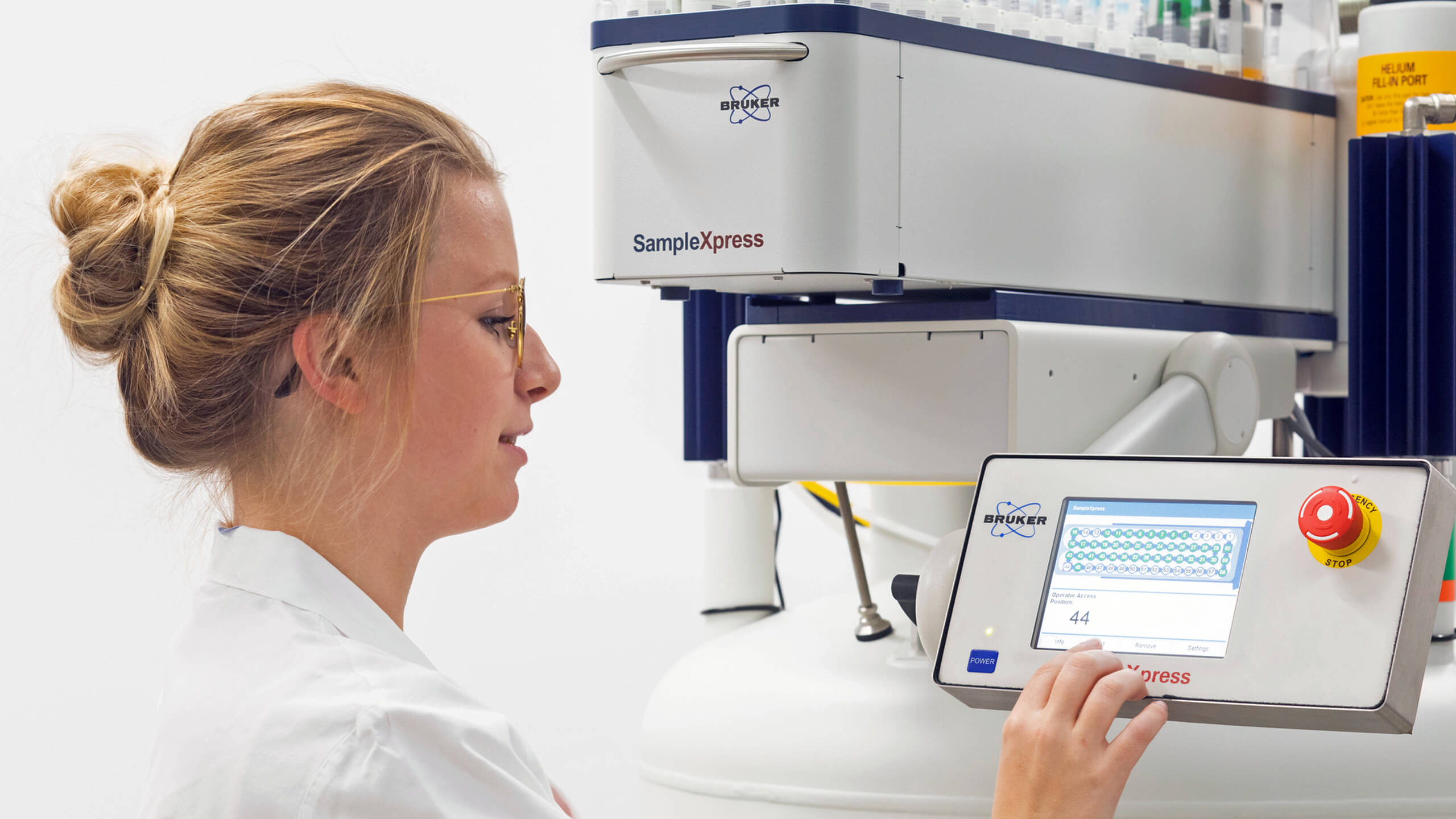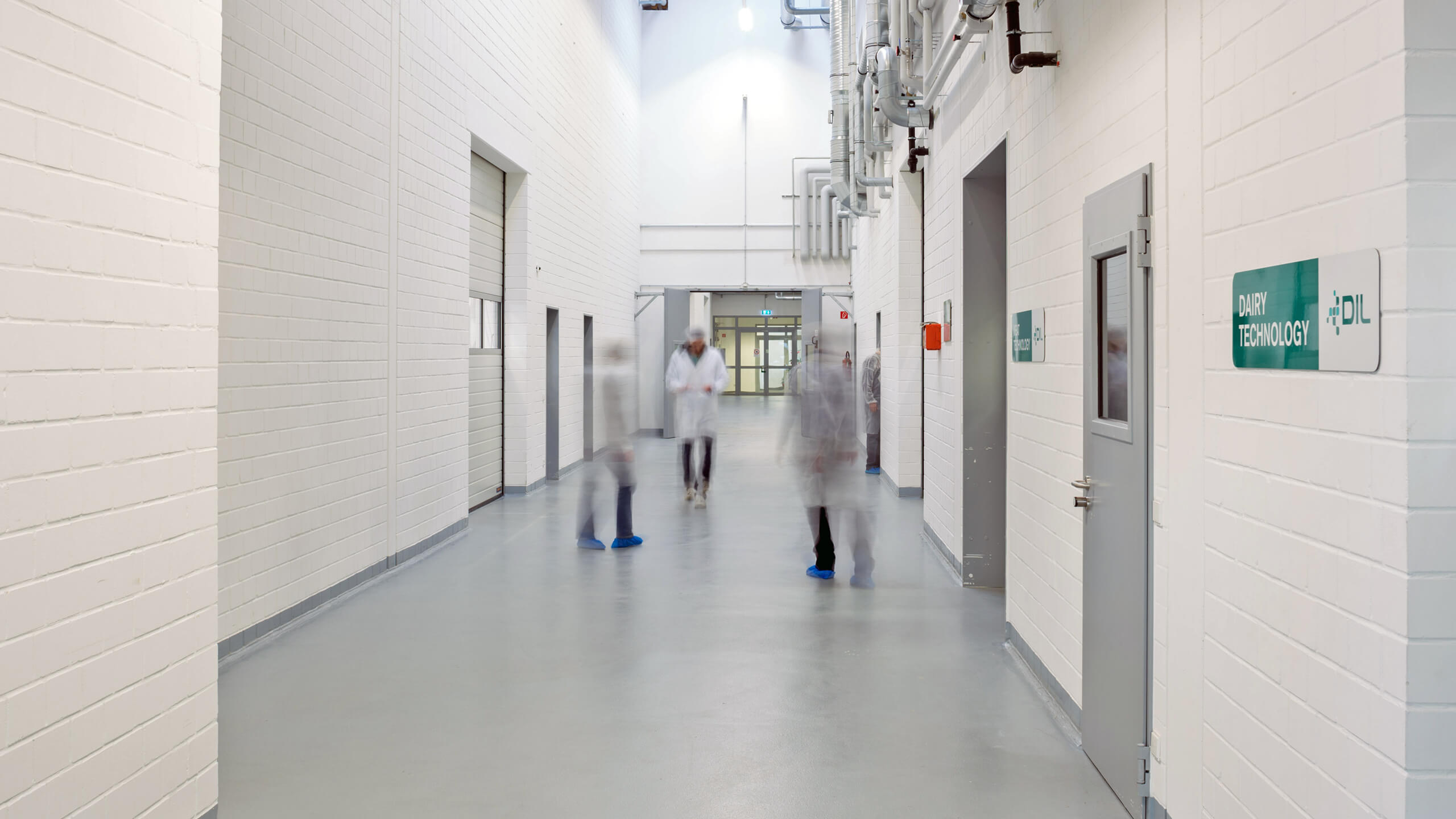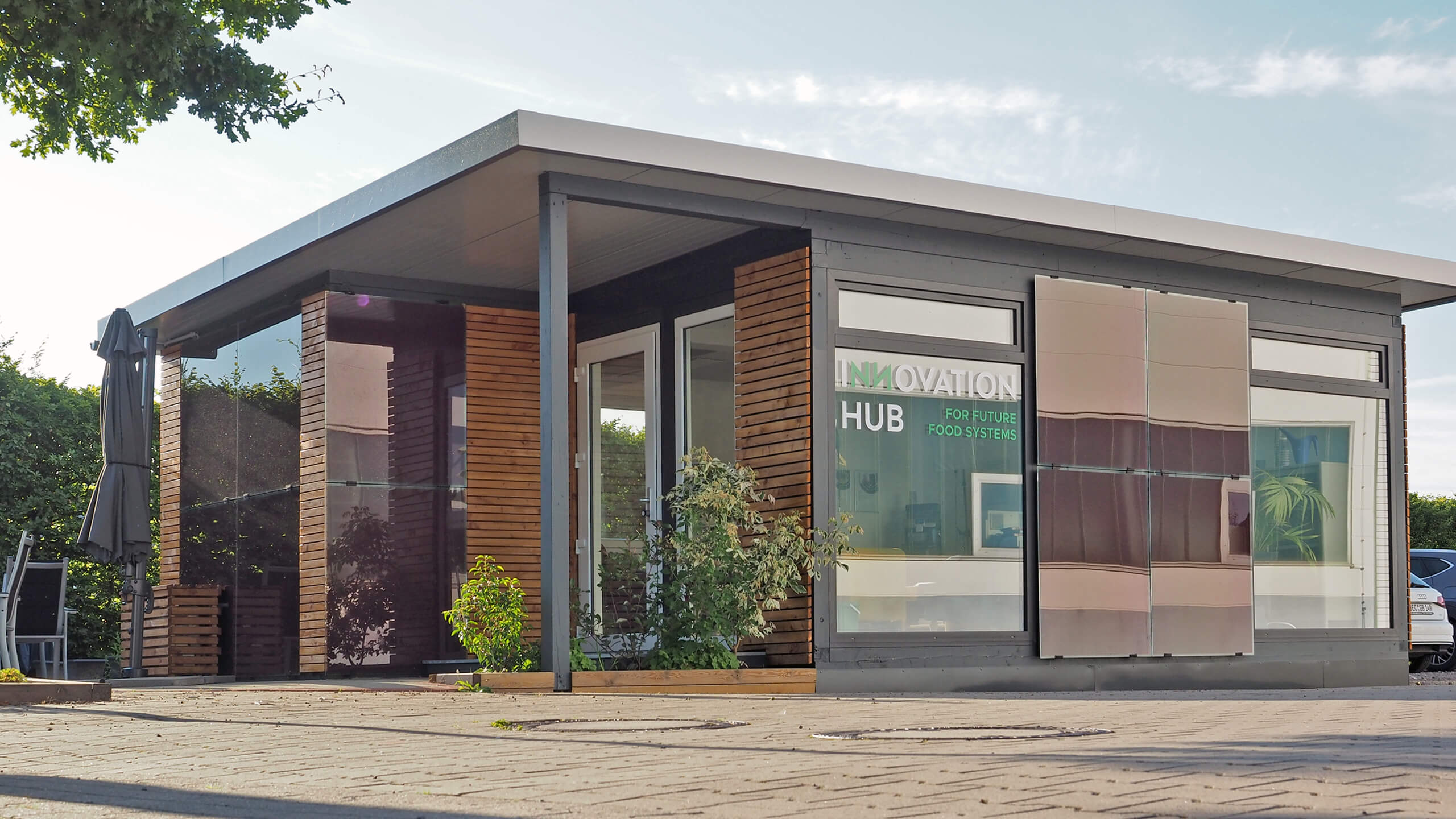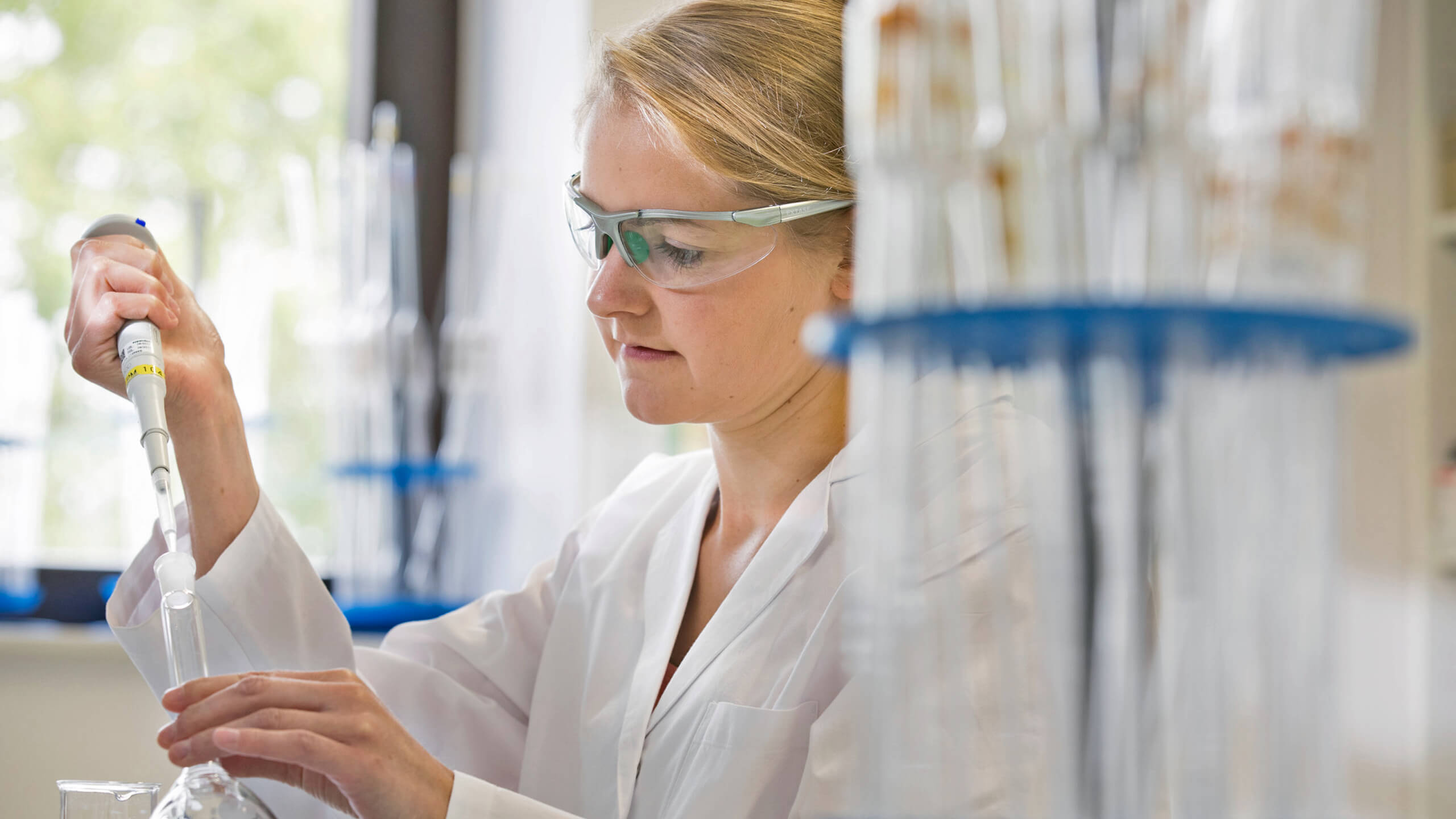
Feeding 10 billion people by 2050 is one of humanity‘s greatest challenges, especially in view of climate change and scarce resources.
From the integration of novel processing technologies like HME, PEF, HPP, Shockwave, UV ..., to the use of alternative resources such as algae, insects or fungi, to the development of innovative, unprecedented production processes – think of in-vitro meat or precision fermentation – the agri-food sector is working hard towards a sustainable food system for present and future generations.
The MSc „Food Process and Product Engineering“ introduces students to a wide variety of subjects from along the agri-food chain, combining lectures from the fields of food technology and engineering as well as natural sciences and process economics, and is supplemented with interdisciplinary modules that strengthen the students’ scientific working and soft skills. Graduates are highly sought-after specialists and managers for the food industry and related areas. They are able to transfer the learnt models and methods to various applications and to design and successfully implement new processes and products. Students who wish to pursue an academic career can do a PhD following the Master’s degree.
University of Veterinary Medicine Hannover
Working for the Welfare of Humans and Animals.
The University of Veterinary Medicine Hannover (TiHo) stands for long-standing competence in the field of veterinary medicine. It is an eminent scientific institution connecting modern science with university tradition.
Since its founding in 1778 as the Roß-Arzney-Schule it has kept its independent status up until today thereby assuming an exceptional position in Germany. At the beginning of 2003 the TiHo was transformed to a university foundation – the State of Lower Saxony granting the university a greater personal responsibility and thereby more flexibility for legal arrangements.
German Institute of Food Technologies (DIL)
Knowledge for Superior Foods.
The DIL German Institute of Food Technologies taps new potentials every day and paves the way for innovations. With more than 180 member companies and 200 employees, the DIL works as a research institute in the areas of food structure and processing, food safety and authenticity as well as sustainability and food data.
The institute’s competencies and technical capabilities cover the entire range of food technologies. This expertise is put into practice via the institute’s organizational structure, which is divided into interconnected research departments and business divisions. Forming a bridge between science and practice, the DIL supports its partners in the innovation process.












